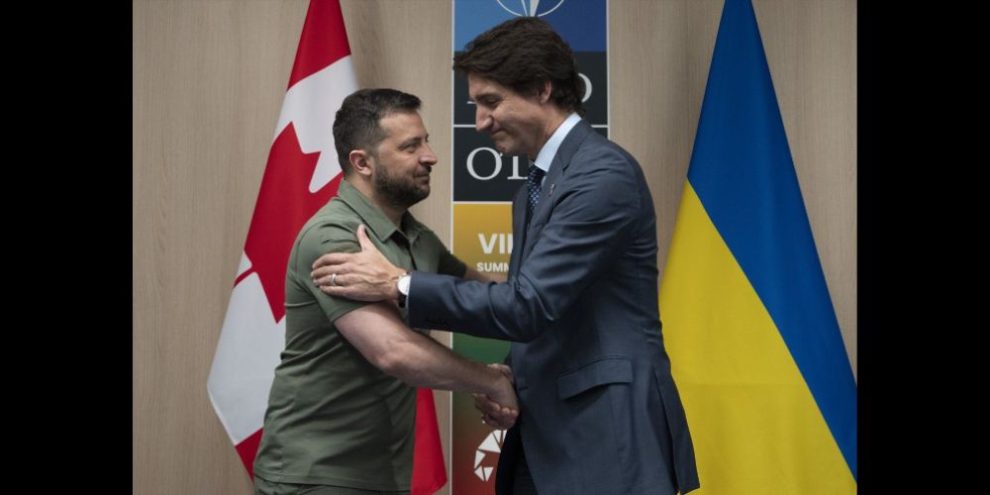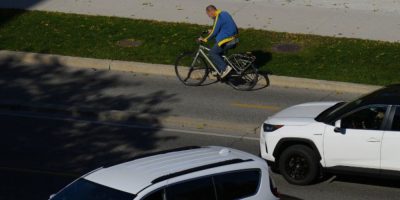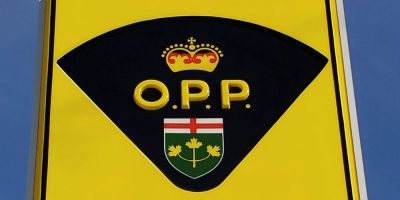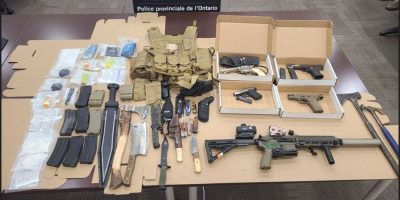
By Sarah Ritchie in Vilnius
As Prime Minister Justin Trudeau and other NATO leaders wrapped up their two-day summit Wednesday, they bid farewell to a very different version of Volodymyr Zelenskyy than the one they had met the day before.
Ukraine's president declared the meetings a success, even though he left without the thing he had most vehemently argued for: a quick invitation for his country to join the alliance.
"The Ukrainian delegation is bringing home a significant security victory for Ukraine, for our country, for our people, for our children," he said.
That was a marked change from the man who blasted NATO on Twitter on Tuesday, when he called the leaders' decision to affirm Ukraine's eventual membership without setting out a timeline "absurd."
Wednesday morning, Zelenskyy and Trudeau were full of praise and warm wishes for one another when they met on the sidelines of the summit.
"We need your support, and I'm sure that we will have it," Zelenskyy said after the pair embraced.
By Wednesday, a line of member states' flags flanking the main council meeting room already included Sweden's, after leaders agreed earlier this week to admit the Nordic country into the military alliance.
Later in the afternoon, NATO officials added Ukraine's blue and yellow to the lineup, as the NATO-Ukraine Council met for the first time.
Then, G7 nations — led by Japanese Prime Minister Fumio Kishida, who attended the day's North Atlantic Council meeting as a guest — released a joint declaration that laid the groundwork for each nation to negotiate long-term agreements to help Ukraine bolster its military.
Zelenskyy described it as a bridge toward eventual NATO membership and a deterrent against Russia.
That is not all he took home.
Trudeau announced that the Canadian Armed Forces will welcome Ukrainian officer cadets for an intensive training program, developed in partnership with NATO, at the Royal Military College in Saint-Jean-sur-Richelieu, Que.
During a press conference late Wednesday afternoon, he told reporters the Canadian military has helped train almost 40,000 Ukrainian military and security personnel through an operation based in Latvia.
Trudeau had announced the expansion of that mission earlier this week, saying up to 2,200 troops would be stationed there in the coming years as the NATO battlegroup ramps up to become a brigade by 2026.
Canada is expected to spend $2.6 billion over the next three years toward that goal.
"For over 500 days now, Ukraine has withstood Russian brutalities. (Russian President Vladimir) Putin made a grave miscalculation. He underestimated Ukrainians' courage and he underestimated the strength of the West's solidarity and resolve," Trudeau said.
He said the G7 leaders had come together "to provide long-term, multi-year commitments" to Ukraine's security, and those guarantees would send a stark message.
"Putin wants to wait out and grind down the alliance, grind down Ukrainians, but he's not going to be able to because we will be there for as long as it takes, and that's what these security assurances are all about."
NATO leaders also agreed at this week's summit to make two per cent of GDP a minimum target for spending on defence, with one-fifth of that money going toward new equipment and research and development.
Canada's spending on the military currently stands at just under 1.3 per cent of the economy.
Trudeau was asked whether he can commit to reaching the two per cent mark by the end of the decade. He did not set out a timeline or confirm Canada would meet the target.
"We will continue to look to invest more as necessary to keep Canadians safe and to contribute fully around the world and we'll continue to follow up on the math," he said.
The prospective spending boost came hand-in-hand with the approval of thousands of pages of new defence plans that reposition NATO's focus toward collective defence. They will also improve co-ordination among allies on production and procurement.
Canada has also stepped up its diplomatic presence in eastern Europe, opening a new embassy in Lithuania this week after announcing its intention to do so last year. New embassies are also due to open in Estonia and Slovakia.
This report by The Canadian Press was first published July 12, 2023.
— With files from The Associated Press
Banner image via The Canadian Press





